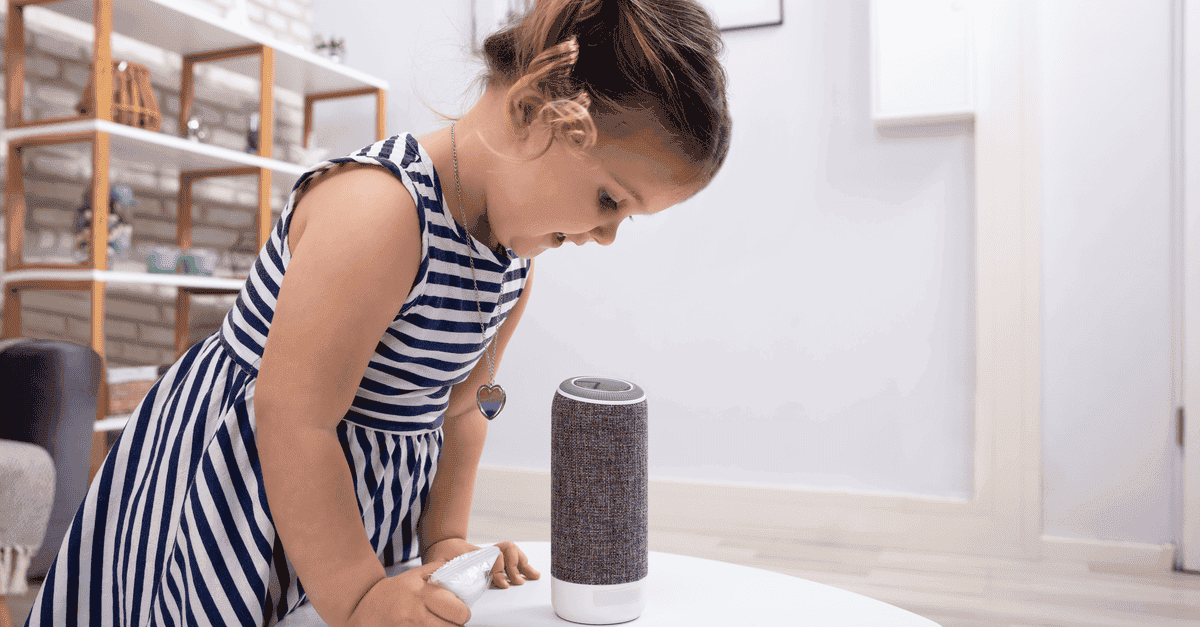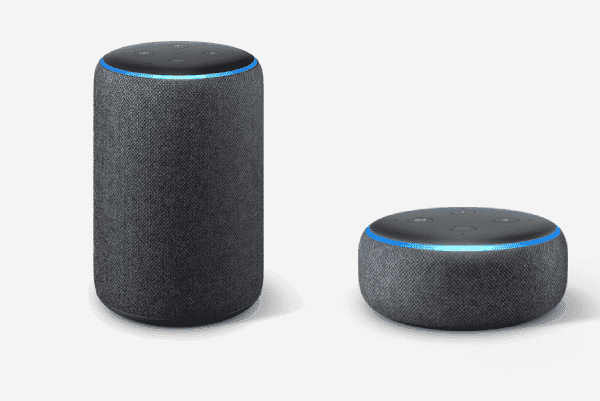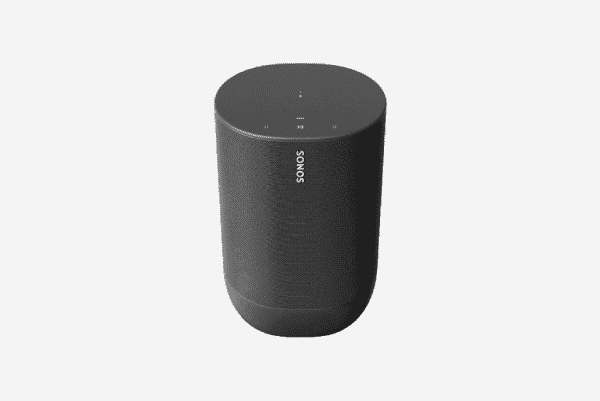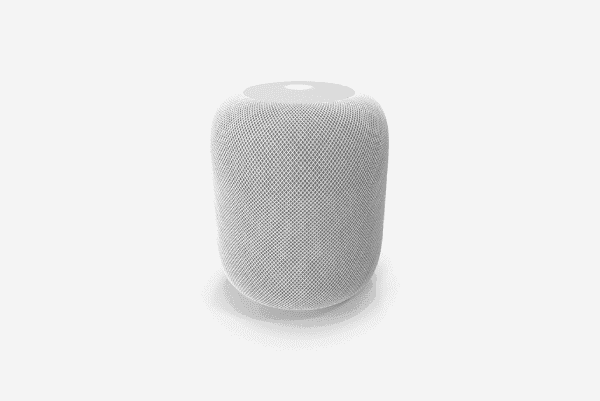Smart Speakers
It’s estimated 12.6 million people in the UK will use a smart speaker – this includes children, and so it’s important to consider setting controls on these devices to help them get the best use and more importantly, to keep them safe.
It’s estimated 12.6 million people in the UK will use a smart speaker – this includes children, and so it’s important to consider setting controls on these devices to help them get the best use and more importantly, to keep them safe.

When used correctly, smart speakers can be a great way to help children take a break from screens, remove distractions and help them focus to improve their learning.
Some smart speakers have special fun educational features that can help your child to develop their critical thinking, communication and problem-solving skills. And depending on the smart speaker, these can help kids with reading, writing and maths as well as time management. Here are a couple examples:
Children who struggle with saying words can ask how to pronounce a word by spelling it out. With Google Home, they can say, “OK, Google, how do you pronounce p-h-o-n-e?” With Amazon Echo, they can use a skill called Pronunciations and say, “Alexa, ask Pronunciations how to say r-o-u-g-h.”
Smart speakers can be a big help to kids with math issues. Children can ask for basic calculations by simply asking the smart speaker device their math question.
As smart speakers remove the need for a keyboard and a screen, for children that may find it challenging to use these devices, a smart speaker can be a helpful tool to help them navigate the online world and get the best out of connected technology.
Another great use for smart speakers is using them to set timers, reminders and alarms to keep children focused on tasks for set periods of time. This can be especially helpful if they are doing homework or to remind them to move on to another activity.
Experts are concerned that introducing children (especially younger children) to new technology can change their interactions with people so it’s important to use devices together and monitor their interactions if they are younger.
There are concerns that these devices are recycling gender stereotypes and so it is important to be cautious about perpetuating gender bias in children.
Some people worry that such interactions with artificial intelligence, or AI, may impact our behaviour with each other, especially as children grow up becoming familiar to giving commands instead of making requests.
The devices will only play music that’s connected to your account, so it’s important to set parental controls to block explicit content – we feature how to block explicit content in our how-to guides.
Make sure kids know to ask for permission before buying things or adding items to your shopping list. You can also prevent unwanted purchases by clicking a few settings in each of the device’s apps.
When introducing the smart speaker, sit down with your kids and agree rules on how they should use it. Remind them not to use inappropriate language when communicating with the smart speaker.
Review and set controls to filter specific types of content kids could access. You can also set parental controls on your broadband to limit their access to inappropriate content.
Use well-protected passwords for you and your kids to avoid potential hackers.
To control what your smart speakers hear is to mute the device when you’re not using it.
Does the app allow you to create children’s accounts? What privacy settings are available? Can you set two-factor authentication to protect the product from hacks?
Take time to scan the device’s manual and the company’s site to get more information about features that can support your child particularly if they have any special needs.
Companies release security updates and features so it’s a good rule to stay on top of these updates.
You can control what is shared. With some smart speakers, you are able to review your voice interactions, delete or turn off auto-saving of interactions altogether.

 Chatterbox is an educational assistant that kids can teach and program how to listen, talk and respond to commands. Made of recyclable cardboard and powered by a simple computer chip, kids can build Chatterbox by following the easy step by step instructions and set up magic words to control lights, play music, message mum and dad and create their own interactive stories.
Chatterbox is an educational assistant that kids can teach and program how to listen, talk and respond to commands. Made of recyclable cardboard and powered by a simple computer chip, kids can build Chatterbox by following the easy step by step instructions and set up magic words to control lights, play music, message mum and dad and create their own interactive stories.
Cost: From £92.00| Minimum age: 7

 Google Home is a photo-sharing app where users can send photos or videos to their friends. These will display on screen for up to ten seconds before being deleted, although it is possible to screenshot messages and use other apps to capture the content. Snapchat could be used for messages of a sexual nature or also mean messages. Learn how to set privacy settings with our “how-to” guide.
Google Home is a photo-sharing app where users can send photos or videos to their friends. These will display on screen for up to ten seconds before being deleted, although it is possible to screenshot messages and use other apps to capture the content. Snapchat could be used for messages of a sexual nature or also mean messages. Learn how to set privacy settings with our “how-to” guide.
Cost: From £49| Minimum age: 12+ when using the App

 Sonos is a wireless home sound system, that connects via your WiFi network that fills your home with sound, room by room.
Sonos is a wireless home sound system, that connects via your WiFi network that fills your home with sound, room by room.
Cost: From £179| Minimum age: 4+ when using the app

 HomePod is a smart speaker that integrates Apple Music and Siri for you to discover and listen to music, send messages and control your smart home accessories.
HomePod is a smart speaker that integrates Apple Music and Siri for you to discover and listen to music, send messages and control your smart home accessories.
Cost: £279.99| Minimum age: 4+ when using the App

 Quite different from the smart speakers you see in the market today, Portal is a video device from Facebook with a built-in Amazon Alexa voice assistant that makes it easier for you to connect with your friends and family.
Quite different from the smart speakers you see in the market today, Portal is a video device from Facebook with a built-in Amazon Alexa voice assistant that makes it easier for you to connect with your friends and family.
Cost: From £129| Minimum age: 4+ when using the app

See more article and resources to help children stay safe online.